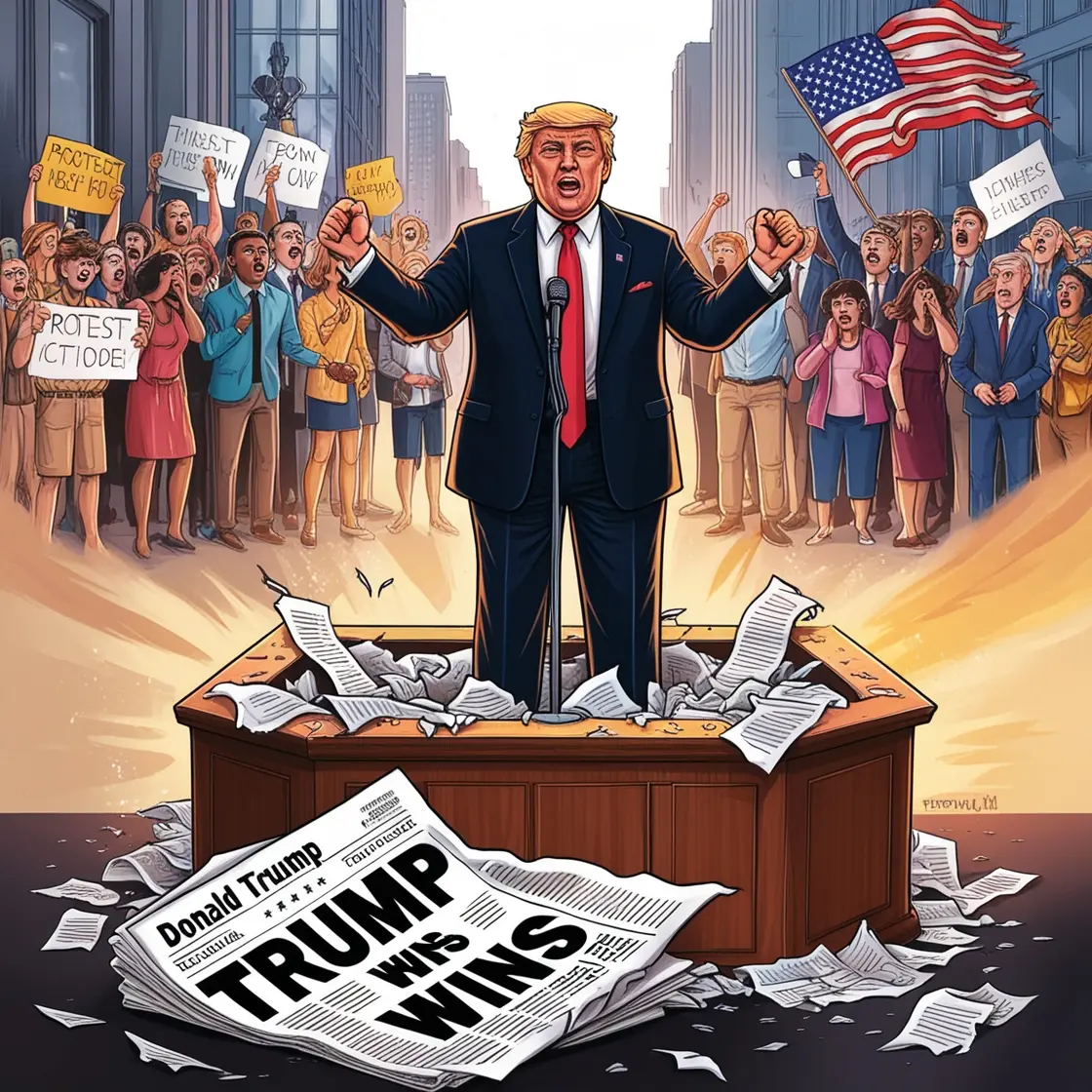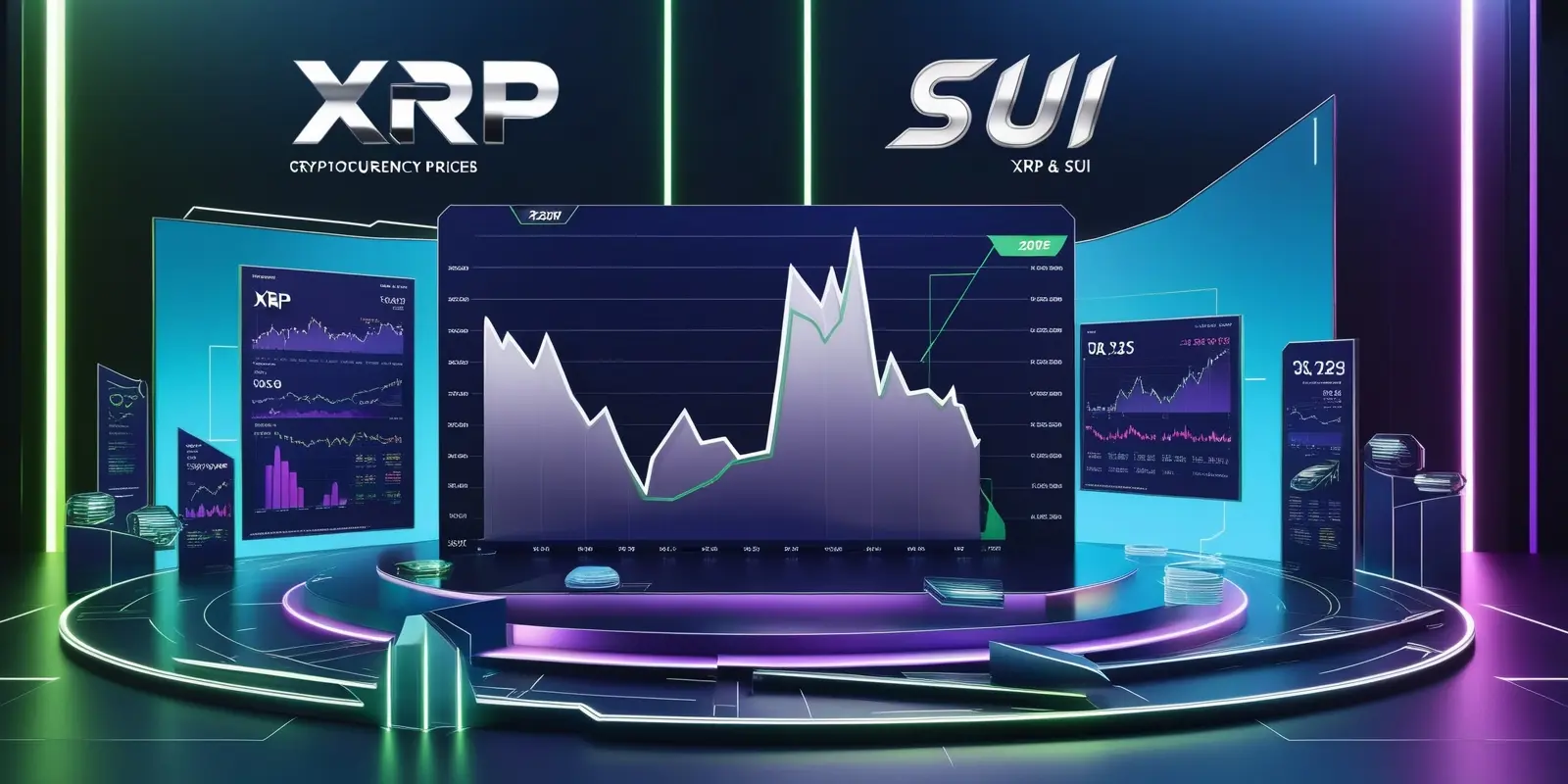A potential victory for Donald Trump in the upcoming presidential election could significantly impact the Federal Reserve’s monetary policy, particularly its rate-cutting cycle. David Kelly, Chief Global Strategist at JPMorgan Asset Management, has indicated that if Trump wins, the Fed may pause its easing measures as early as December. This prediction is rooted in Trump’s anticipated expansionary fiscal policies, which are likely to fuel inflation and complicate the Fed’s ability to lower interest rates further.
The Impact of Trump’s Proposed Policies
Trump’s proposed policies, including universal tariffs and increased federal spending, are expected to create inflationary pressures. Kelly suggests that if Trump’s administration leads to a “Republican sweep,” it would result in more aggressive fiscal policies that could exacerbate deficits and drive interest rates higher. He stated, “If fiscal policy is going to be expansionary, we’re going to have to lean against that and slow off the easing.” This scenario implies that the Fed would need to reassess its strategy in light of increased inflation expectations.
A Contrasting Scenario with Kamala Harris
Conversely, if Vice President Kamala Harris secures the presidency, Kelly believes the Fed is likely to maintain its current path of gradual easing. A divided government under Harris could lead to a more stable economic environment, allowing the Fed to continue its projected rate cuts without significant disruption. Kelly notes that in such a case, the economy might experience a “soft landing,” with continued support from the Fed’s easing policies.
The Fed’s Decision-Making Process
The Federal Reserve’s decision-making process is influenced by political developments, even though it operates independently. Kelly emphasizes that once the Fed has a clearer understanding of future fiscal policies under a new administration, it will adjust its monetary policy accordingly. The uncertainty surrounding Trump’s potential return to office adds complexity to the Fed’s outlook for interest rates.
Recent Trends in Monetary Policy
In recent months, the Fed has already begun a rate-cutting cycle in response to cooling inflation and a robust economy. After raising rates multiple times in response to inflation peaking at 9.1% in June 2022, the Fed has shifted its focus toward creating a more favorable borrowing environment as inflation has eased. Currently, inflation stands at approximately 2.4%, just above the Fed’s target of 2%, which allows for further rate reductions without risking economic overheating.
Market Reactions and Future Outlook
As the election date approaches and with market sentiments fluctuating based on potential outcomes, financial analysts are closely monitoring how Trump’s policies could reshape economic dynamics. A Trump victory might lead to heightened market volatility as investors reassess risks associated with trade wars and fiscal expansion. In contrast, a Harris win could stabilize markets but may also lead to slower economic growth due to potential tax increases.
Conclusion
In conclusion, Trump’s return to power could prompt the Federal Reserve to pause its rate-cutting cycle due to anticipated inflationary pressures from his proposed policies. Conversely, a Harris victory may allow for continued easing as economic conditions stabilize.




